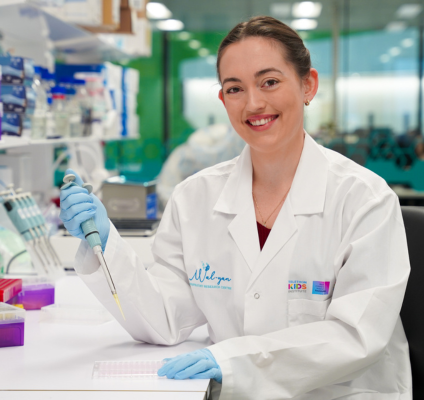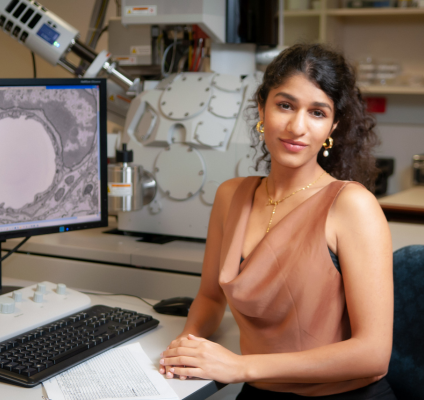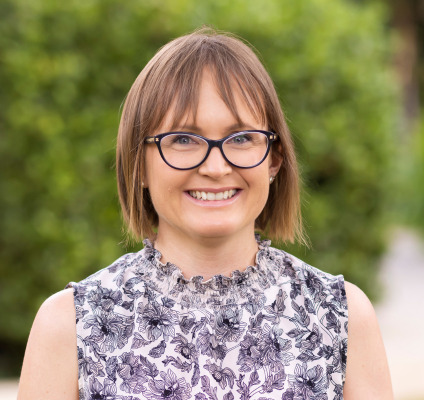The Student Scientist of the Year category recognises outstanding postgraduate students who have demonstrated a commitment to science at an early stage and shows great promise in reaching the highest levels of excellence.
Now in its 22nd year, the Premier's Science Awards recognises and celebrates the outstanding scientific research and engagement taking place in Western Australia.
This year, 4 finalists have been selected for the Student Scientist of the Year category:
Joshua Bonesso
The University of Western Australia
Joshua Bonesso (BSc (Hons)), is a PhD candidate from The University of Western Australia. His innovative research on coral reef-islands had led to development of a unique management tool – an index to rapidly assess island sensitivity to the impacts of climate change.
Josh’s ability to think laterally has established productive opportunities to lead and collaborate across government and scientific institutions to better safeguard WA’s marine assets. A communications professional, Josh has demonstrated excellence in the engagement, promotion and awareness of STEM across WA and internationally. His research achievements include four high-impact publications and four local and national awards.
Denby Evans
Telethon Kids Institute and Curtin University
Denby Evans is a passionate PhD student researcher, making unique discoveries that improve the lung health of Western Australia’s tiniest members of society – those who are born early. Her research has found that airway cells behave differently after preterm birth, even months or years after the initial hospital stay, paving the way for novel interventions.
Denby has published high impact papers and won multiple awards for her research excellence, facilitating presentation of her work worldwide. Denby strongly believes that promoting STEM careers should begin in childhood, regularly visiting primary school classrooms to share her enthusiasm for scientific learning and research.
Somayra Mamsa
The University of Western Australia
Somayra Mamsa is a PhD student in biochemistry at The University of Western Australia. Her research explores the natural aging process as a risk factor for neurodegenerative diseases such as Alzheimer’s disease, by studying changes to the blood vessels in the brain and their ability to transport key metals and nutrients.
Somayra uses advanced nanoscale imaging techniques to directly visualise these changes at the molecular level, within their spatial context. She is also a keen science communicator, and has taught and mentored over five hundred students through organisations including She Codes Australia, Code Camp, Scitech, and the BioDiscovery Centre.
Ingrid Stacey
The University of Western Australia
With qualifications in biochemistry and biostatistics, Ingrid Stacey is currently in her third year of PhD candidature at the University of Western Australia, funded by a nationally-competitive National Health and Medical Research Council scholarship. Her research uses linked administrative health data to investigate the health outcomes of acute rheumatic fever and rheumatic heart disease (RHD) among young Australians. As RHD predominantly affects First Nations Australians, Ingrid is committed to conducting collaborative, co-designed research that measures ‘real-world’ impacts of public health interventions.
A multiple prize-recipient, Ingrid has developed extensive collaborations, presented at national and international conferences, published multiple manuscripts, and built STEM capacity through student supervision and teaching.






